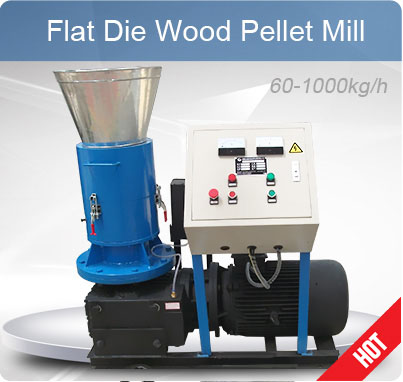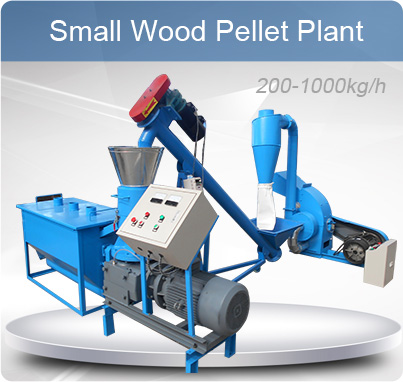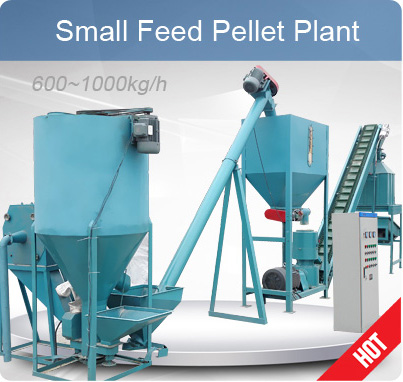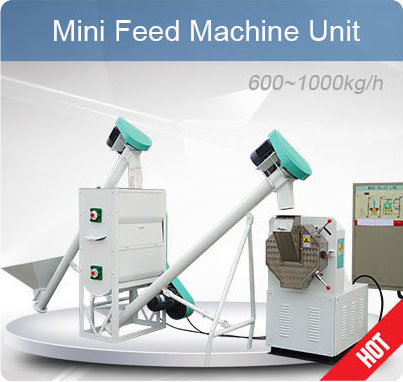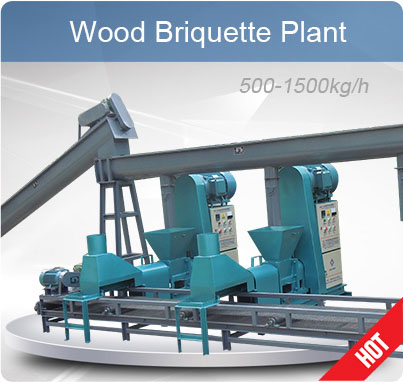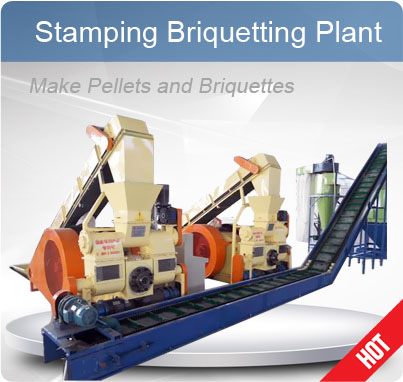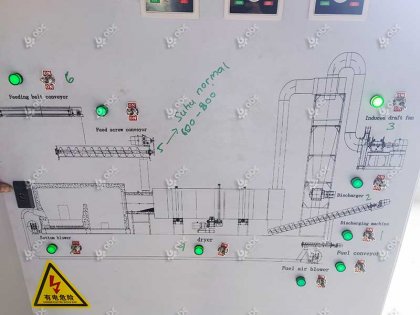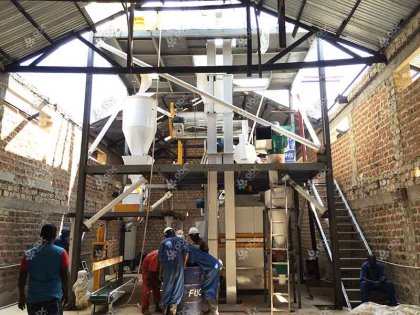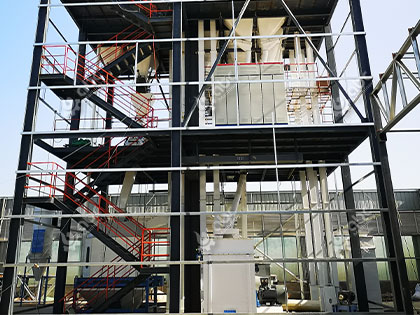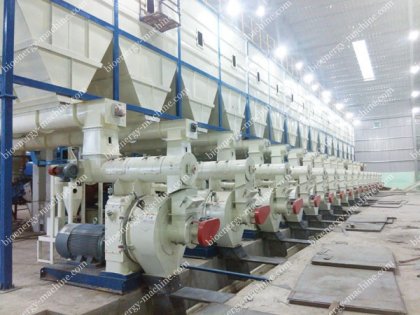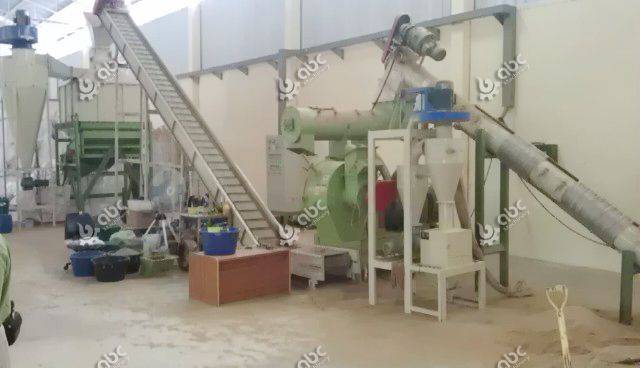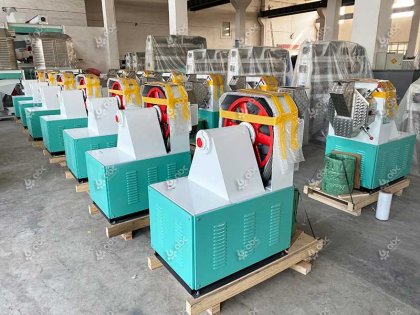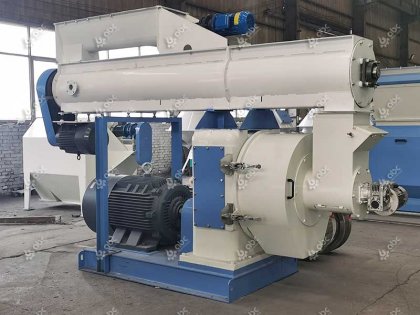This article explores the global RDF market, examining the distribution of resources and potential growth opportunities in modern waste management. RDF (Refuse Derived Fuel) plays a pivotal role in waste-to-energy applications, offering an efficient solution to the growing energy needs while promoting environmental sustainability. Discover key trends, factors driving growth, and insights into optimizing RDF use.

Navigate RDF Market Trends: Europe, Asia & North America Growth Hotspots
Want to explore opportunities in RDF production? Contact ABC Machinery to discuss custom equipment setups, feasibility, or receive a free quote tailored to your material type and production scale.
RDF Market Overview: Key Insights and Trends
The RDF (Refuse Derived Fuel) market has seen significant growth due to the increasing demand for sustainable waste management and energy solutions. As the global push for waste-to-energy (WTE) technologies intensifies, RDF has emerged as a key component in the energy production sector. The RDF market is expected to expand at a compound annual growth rate (CAGR) of approximately 8% between 2023 and 2030. This growth is driven by the need for alternative energy sources and efficient waste management strategies.
The RDF market distribution varies across regions. In Europe, RDF has gained significant traction due to stringent waste disposal regulations and a well-established waste-to-energy infrastructure. In the Asia-Pacific region, countries such as Japan and China are witnessing an increasing shift toward RDF as part of their energy diversification strategies. The North American market is also witnessing notable growth, particularly in the United States, where large-scale RDF plants are being developed to meet renewable energy goals.
Market Demand and Supply Analysis
- Global demand for RDF is growing due to the adoption of WTE technologies.
- RDF supply chains are expanding to meet the increasing need for renewable energy solutions.
- Key markets like Europe and Asia are leading in RDF utilization, driven by both regulatory and economic factors.
In addition to regulatory changes, technological advancements such as improvements in RDF processing efficiency and higher energy conversion rates are contributing to market expansion. RDF is increasingly being seen not only as a waste management solution but also as a reliable energy source that can help mitigate fossil fuel dependence.
As the RDF market continues to evolve, industry players should prioritize investing in innovative technologies and understanding regional market dynamics to capitalize on growth opportunities.
Curious how regional trends apply to your business? Talk to ABC Machinery to explore RDF plant setups in your country and get expert advice on high-efficiency equipment options.
Optimizing RDF Use in Waste-to-Energy Applications
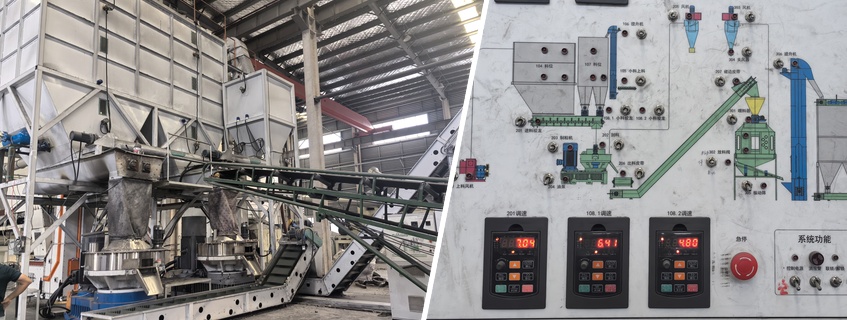
Optimized RDF Production Process for Waste-to-Energy Applications
RDF has proven to be a versatile solution in waste-to-energy (WTE) applications, enabling the conversion of waste materials into valuable energy. Efficient RDF production typically begins with material classification to separate non-processable and processable fractions—such as textiles, leather scraps, and non-PVC automotive interiors.
Once classified, materials undergo a two-stage crushing process. First, a cloth crusher performs primary shredding, followed by a conveyor system with magnetic separation to remove ferrous metals. Then a rotary cutter executes secondary shredding to obtain uniform particle sizes. The refined material is processed via two alternative paths:
- Compressed into square RDF blocks using a hydraulic baler for direct incineration;
- Pelletized through an RDF pellet mill and cooled before storage or boiler combustion.
Enhancing Efficiency in RDF Applications
RDF enhances energy production efficiency by providing uniform, high-calorific fuel. In advanced WTE facilities, RDF can be co-fired with biomass, optimizing combustion performance and reducing emissions. Key equipment includes:
- Cloth Crushers (for primary shredding of textiles and leather waste);
- Magnetic Separators (integrated with conveyors to remove metals);
- Rotary Cutters (for precision secondary shredding);
- Hydraulic Balers and Pellet Mills (for final RDF shaping);
- Cooling Units (ensure pellet durability and safe storage).
The integration of smart controls, sensor-driven automation, and dust-tight design further improves the consistency and safety of RDF output. By optimizing every stage of material processing, facilities can reduce energy losses and improve ROI.
| Raw Material | Processing Method | Calorific Value (kJ/kg) | RDF Output Form |
|---|---|---|---|
| Textile Waste | 2-stage shredding + pelletizing | 17,000 | Pellets |
| Leather Scraps | Shredding + hydraulic baling | 18,500 | Blocks |
| Car Interior (non-PVC) | Full RDF line processing | 20,000 | Pellets |
Streamline your RDF processing with industrial-grade equipment. Contact ABC Machinery to request a free layout design or get a no-obligation quote on our shredding and pelletizing systems.
Key Factors Driving the RDF Market Growth
Several factors are contributing to the rapid growth of the RDF market, including regulatory pressures, technological advancements, and increasing environmental awareness. As governments worldwide focus on sustainable waste management practices, they are implementing policies that encourage the use of RDF in WTE applications.
Regulatory Changes Impacting RDF Demand
- Europe: Stringent waste management regulations mandate higher recycling rates, which has led to an increase in RDF adoption.
- Asia-Pacific: Countries are incentivizing RDF as part of their energy diversification strategies, including the use of RDF in power plants.
At the same time, advances in RDF pre-treatment—such as better moisture control, chlorine reduction via additives, and calcium-based SOx neutralization—have helped make RDF cleaner and more efficient to burn. These improvements reduce air pollution and align with international emission standards.
Looking to meet upcoming environmental regulations? ABC Machinery can help you build compliant RDF systems with efficient drying, separation, and emission control units.
Future Outlook: RDF and the Circular Economy
As the global economy shifts towards sustainability, RDF is becoming an integral part of the circular economy. The ability to recycle waste into valuable energy not only reduces landfill waste but also contributes to reducing carbon emissions.
RDF’s Role in Sustainable Waste Management
The future of RDF lies in its ability to close the loop on waste by converting it into renewable energy. This aligns with the goals of a circular economy, where waste is minimized, and resources are continually reused. Over the next decade, RDF production and consumption are expected to rise significantly as more industries and municipalities adopt circular economy principles.
Looking ahead, companies in the RDF sector must adapt to new regulations and market demands by focusing on technological advancements, operational efficiency, and sustainability. As the market matures, there will be increasing opportunities for companies to expand their RDF operations, particularly in emerging economies.
Want to lead the transition to circular waste processing? ABC Machinery offers turnkey RDF production lines to help you convert waste into energy with precision and reliability.




